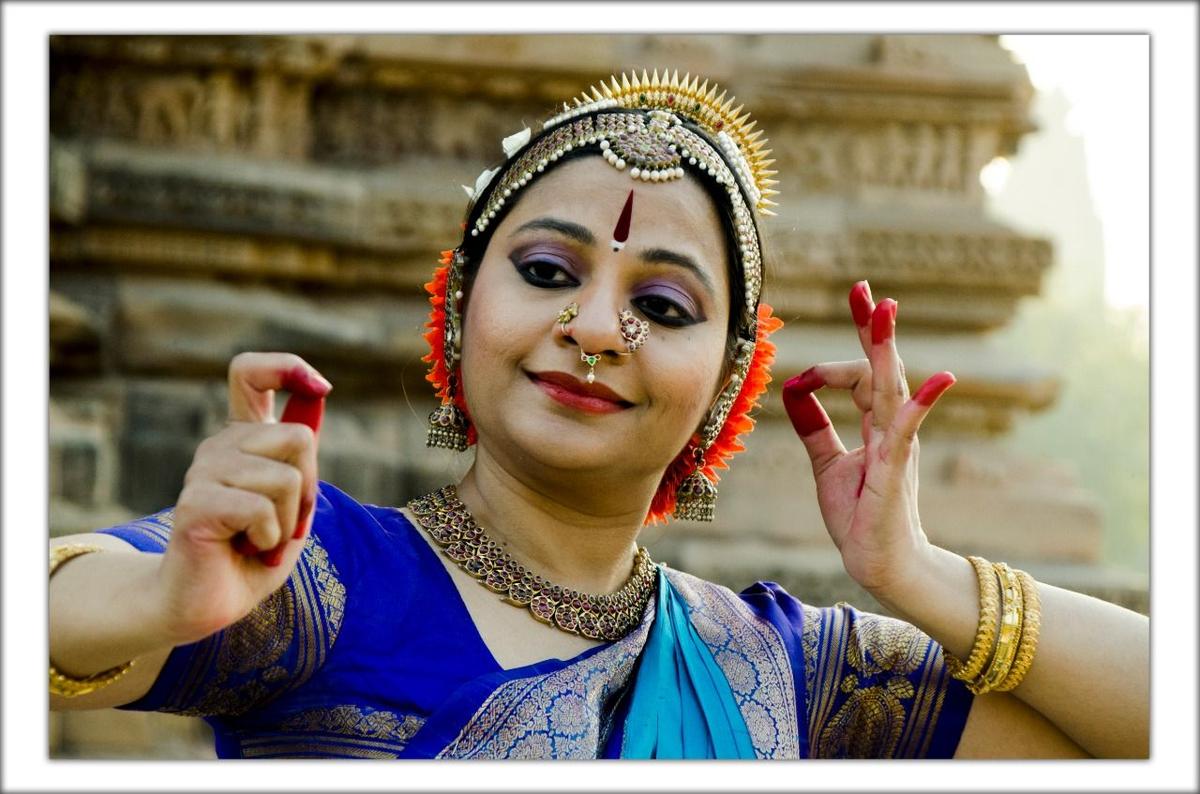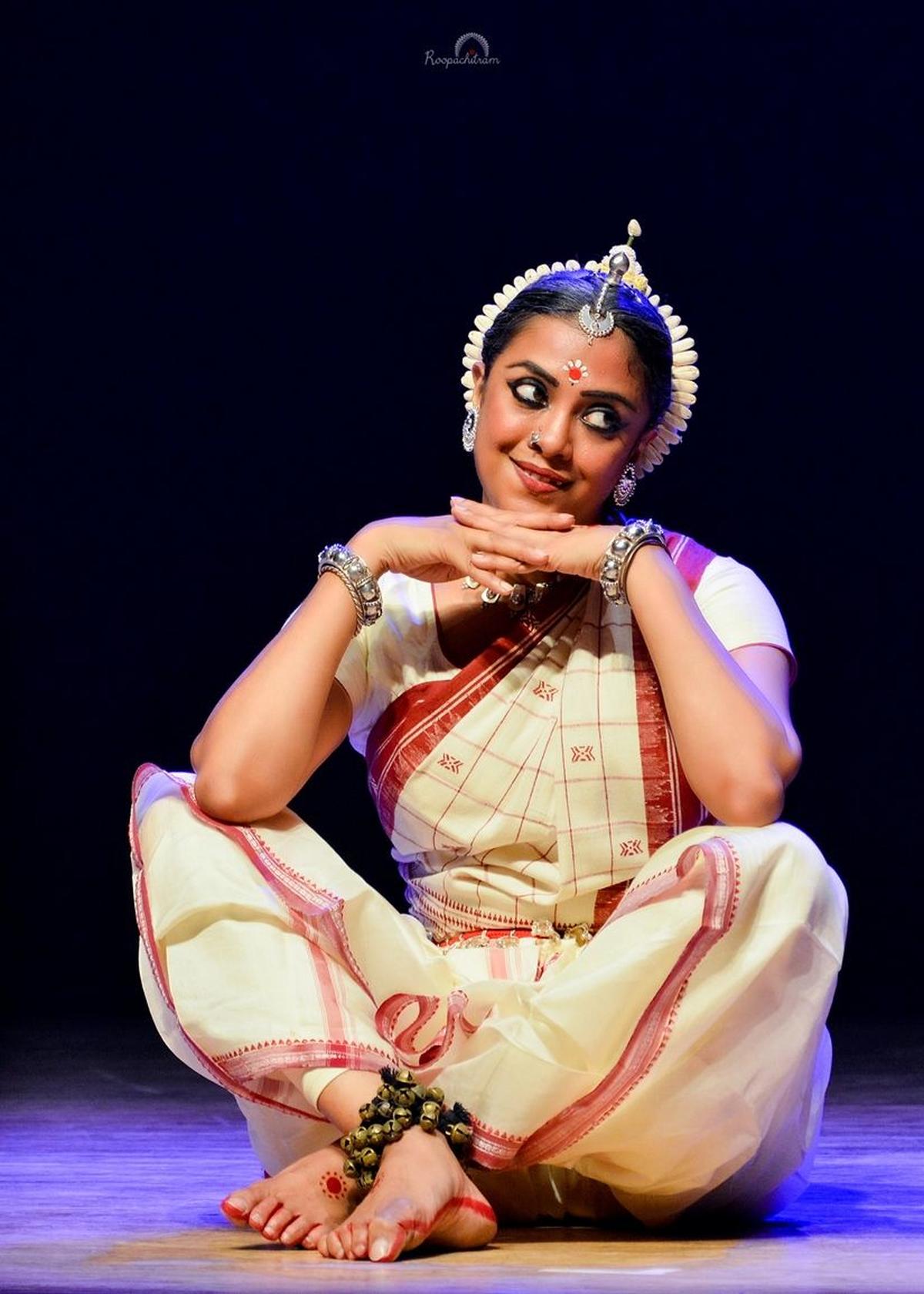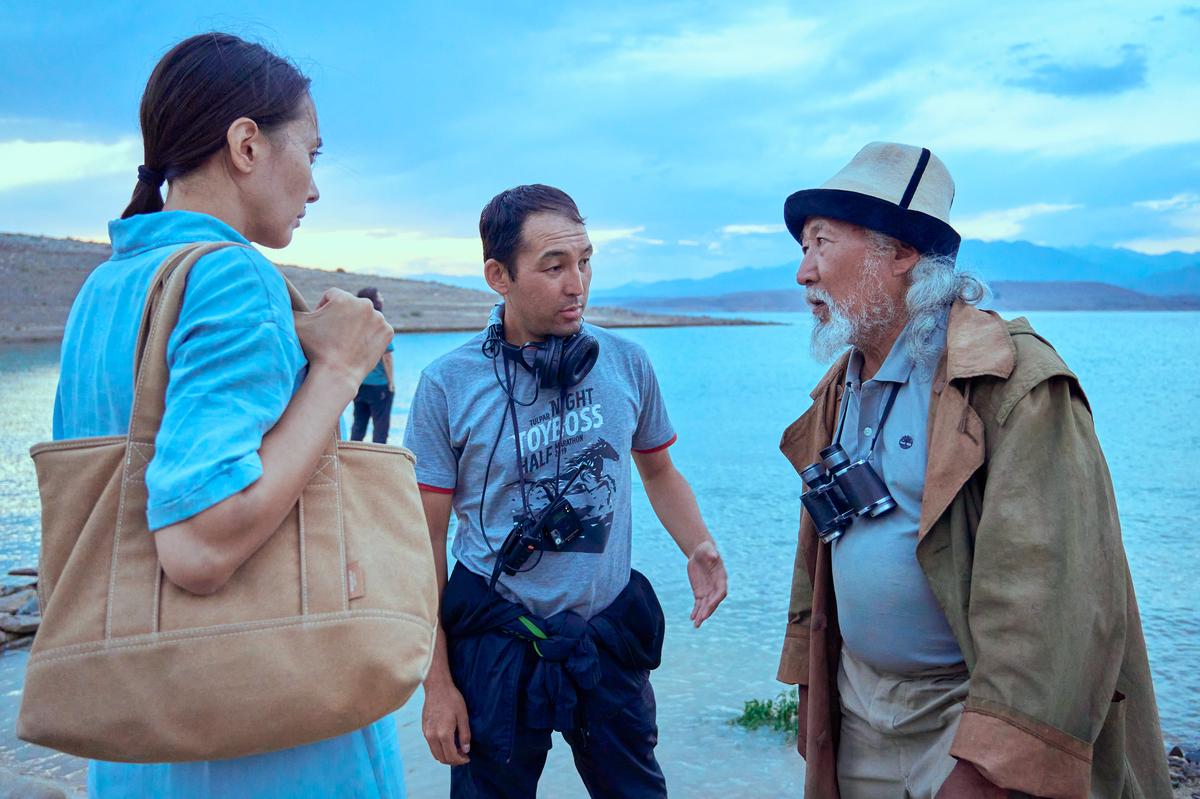In an India post the 2012 New Delhi gang rape that shook the country, public buses, late night cinema shows, and metal rods have made a place for themselves in the language of violence against women. So naturally, when you watch Anu (Asheema Vardaan) travelling by herself in a DTC bus in the capital city, you will be overcome with fear. Anxiety will envelope you as you watch her make her way to a derelict hostel in the middle of nowhere, evading the gaze of creepy men. This seemingly mundane sequence sets the tone for Smita Singh’s latest show, Khauf, where the real is more harrowing than the supernatural; where the city is both a witness and a perpetrator.
Flashforward to six months later, the cameras now trail Madhuri (Monika Panwar), a graduate from Gwalior who moves to Delhi to taste freedom in a metropolitan city and escape the constraints put on women in Tier 3 cities in India. However, a host of new challenges with undertones of familiar misogyny welcome her to the capital city.

In her quest to find affordable accommodation, Madhuri lands at the gates of Anu’s hostel and is allotted the room that once belonged to her. The floor is shared by four other women — Komal (Riya Shukla), Nikki (Rashmi Zurail Mann), a heavily pregnant Rima (Priyanka Setia), and Svetlana (Chum Darang) — who refuse to set foot outside the gates of the hostel and are openly hostile to their new neighbour. Whispers about Anu’s death and rumours about a supernatural presence act as stressors to Madhuri’s declining mental state. Insomnia, psychotropic drugs, and trauma from her past conjure hallucinations of masked men and a charred corpse that haunt Madhuri periodically. This forces her to bargain with eccentric characters in the city who thrust themselves into her life, including a scary-looking hakim (Rajat Kapoor) who takes special interest in her everyday activities.
Khauf (Hindi)
Director: Pankaj Kumar and Surya Balakrishnan
Creator: Smita Singh
Episodes: 8
Runtime: 43-50 minutes
Cast: Monika Panwar, Rajat Kapoor, Riya Shukla, Chum Darang, Abhishek Chauhan, Asheema Vardaan, Priyanka Setia, Rashmi Zurail Mann
Storyline: A young woman’s hostel room in Delhi hides a history of violence. Haunted by her past, she battles inexplicable forces within the room’s confines and beyond.
Whispers and rumours build tension and mystique around room 333, never laying it bare for the audience until the very end, which in turn gives us time to sit with and question our prejudices around issues like rape and revenge. Using themes of horror to narrate Madhuri’s story is ingenious, as the show does not have to waste time wrestling with the morality of some of her actions.
Monika Panwar is brilliant as the doe-eyed girl yearning to make a place for herself in a fast-paced city. As possessions by vengeful spirits become frequent, she contorts her limbs and tilts her face to instil fear, excelling at using her body like a narrative tool. Pankaj Kumar’s cameras bring nuance to her rage by keeping the male gaze at a distance even when she’s physically vulnerable.
Though the women in Smita Singh’s world remain confined to the gates of the hostel, at their core, they are women who enjoy their agency. Or as Jo March would put it, “they have minds and they have souls, as well as just hearts. And they’ve got ambition, and they’ve got talent, as well as just beauty,” something the actors are aware of and seem to consciously work to bring to the fore.

With production studios splurging on budgets to produce female-centric horror movies after the success of movies like Stree, Bulbbul, and Chhorii, Singh’s latest creation delicately punctuates the grammar of this sub-genre by ensuring that the female revenge is not for the laughs, and neither is it cosmetic — we get blood, blood-curdling screams, and flesh. Our final girls are not the most ‘morally upright’; they drink, party, enjoy being serenaded, and make shady deals with sketchy men to get their way around.
Khauf is currently streaming on Prime Video
Published – April 22, 2025 04:30 pm IST






























